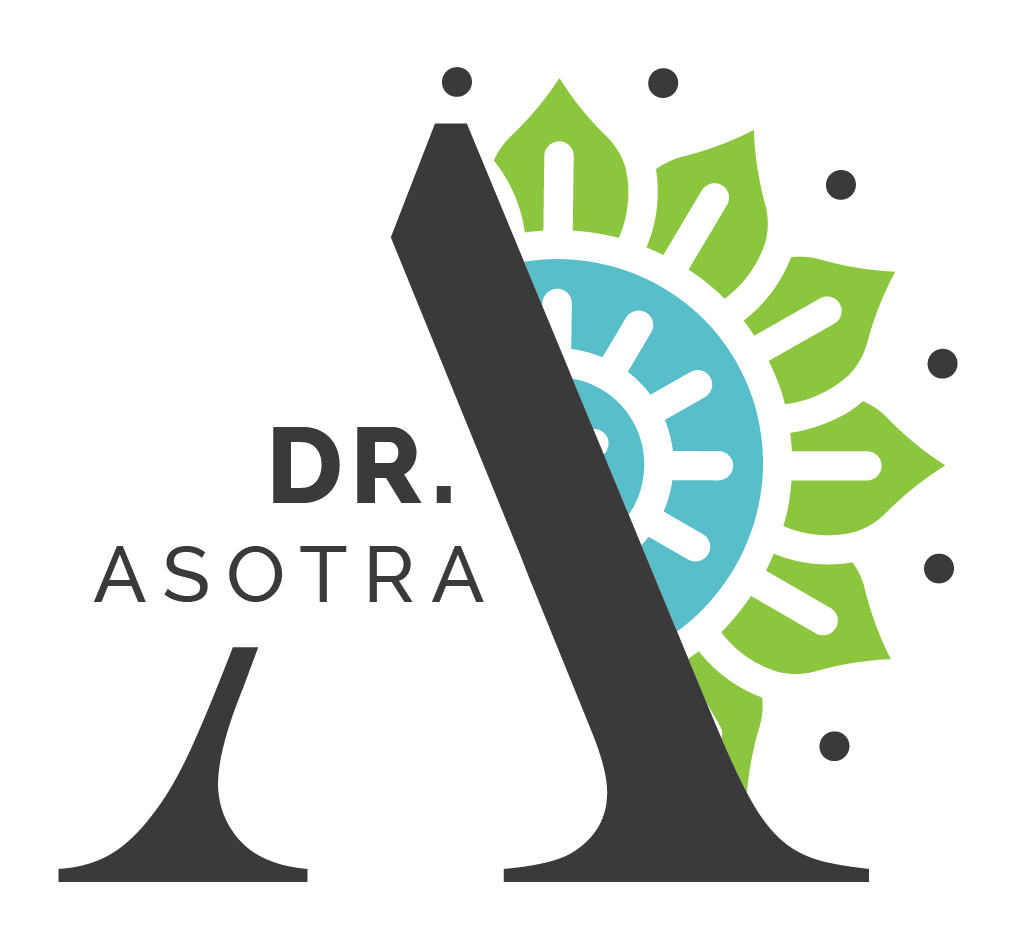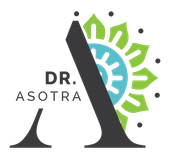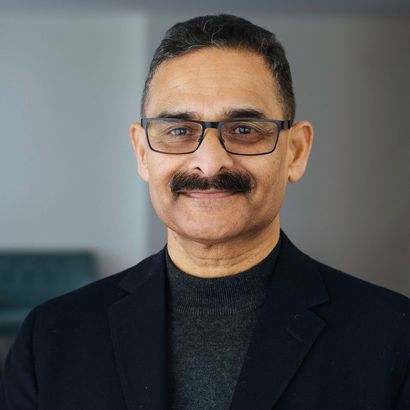Connecting the mind, body & soul
Empowering you with the knowledge for self healthcare
SEARCH ARTICLES
RECENT ADDITIONS

All human beings experience unpleasant experiences on a regular basis, and some on a daily basis. We may have to deal with tension and unprecedented events during all stages and ages of our lives due to different or similar causes of triggers. Some professions face challenges more frequently than others. Repeated exposure to stressors can profoundly affect the mind, general health, and quality of life. Personnel working in various services are often confronted with a range of unique challenges and situations, which might hamper their bodily health and psychological well-being. History of PTSD Awareness The PTSD condition was identified and diagnosed in the Western medicine after the Vietnam war. However, PTSD’s effects were downplayed at that time due to the stigma surrounding mental health ailments. It was described as only battle fatigue or shell shock. It was a former misunderstanding that only the weak-willed soldiers suffered from PTSD. Diagnostic improvements and studies of Post-Vietnam syndrome afterward resulted in a broader comprehension of the link between traumatic events and long-term emotional outcomes. The individual experiences were so bad that the veterans were open to try anything. A few Veterans had no strong preference for one type of treatment or another, instead expressing that they were willing to give any treatment option a try so that they get back a normal mental health. PTSD Facts PTSD is an anxiety disorder that a person may experience after a traumatic event or series of events, like a death of a loved one, assault, abuse, car crash, a natural disaster, war, extreme emotional shock, or childhood neglect. PTSD is manifested by unwanted memories of the event, avoidance behaviours, over stress, over work and continuous emotional stress similar to healthcare workers experienced providing care to COVID patients as well as general public that suffered during recent pandemic experience. Long-term, chronic trauma can affect a person’s ability to behave normally and experience unhealthy daily life, difficulty in trusting relationships and even daily functions of life. Other contributors to development of PTSD would also include: Recurring, distressing events experienced in relationships or at work- normal working environment in offices/corporations/ retail work environment, etc. Operational stress injuries (OSIs) from frontline work- firefighters, police officers, emergency responders, unhealthy work environment. Among many mental challenges, the personnel in uniforms face, post-traumatic anxiety disorder (PTSD) is common and can be debilitating. As part of experience faced by personnel during deployment (prevalent for military personnel) witness traumatic events, life-threatening circumstances, acts of violence and, atrocities challenge their fundamental beliefs about the world and humanity. Moral injuries from participating in or witnessing acts that go against your beliefs- violence related to incompatibilities, e.g., wars, religious confrontations, inequality at work/ office environment places etc. Different challenges to an individual’s own situation occur and may be exacerbated by a cumulative or a single mental challenge/injury that may precipitate a PTSD situation. Such mental challenges have been identified thousands of years ago in Ayurveda medicine practice and in this article we will explore the Ayurvedic approach to addressing this imbalance. Measurement of PTSD by Various Sciences At present there are no definite means to measure the degree of damage caused by PTSD. However, there are different ways to measure PTSD, such as interviews, self-report measures, and personality inventories. One of the most common self-report measures is the PCL-5, which is a 20-item questionnaire that matches the DSM-5 criteria for PTSD1. It can help screen for PTSD and monitor its severity over time2. Thus, the damage brought on by traumatic memories and pressure on human psychology is hard to assess with precision. However, per science of Ayurveda, the mental health is an integral and essential part of health, and the capacity to deal with anxiety is the cornerstone of psychological well-being. Ayurvedic Science Perspectives and Treatment of PTSD PTSD from Ayurveda Perspective Ayurveda science is based on the principles that human body is made of five elements: Earth, water, fire, air and ether. Every individual is born with a unique equilibrium of three constitutions that are called as Vata, Pitta, and Kapha. These constitutions have the following elemental compositions: Vata comprises of Air + Ether Pitta comprises of Fire + Water Kapha comprises of Earth+ Water Vata, Pitta and Kapha occur in various percentages in every human body which decides one’s Prakriti (unique psychosomatic constitution). Any imbalance (dosha) of the three constituents will cause physical imbalances in the human body and, if not treated, will precipitate in disturbed mental state and causing imbalances of the three Manogunas (guna means 'virtue' as well as ‘Quality). This disturbances of Manogunas will dictate/ influence the psychological form of an individual subjected to change over time. Per science of Ayurveda there are following three principal qualities of the brain (manogunas/gunas of mind): Sattva – clarity Rajas – arrogance Tamas – inertia Rajas and Tamas are considered as brain vitiators (Manodoshas: Mano-Mind; Dosha-imbalance). The imbalance of these Manodoshas affects the brain and contributes to mental imbalance. This imbalance of mind is further worsened by the improper diet, faulty lifestyle, work stressors, and anxiety. Manas (human being) has subtle and minute specific locations that carry sensory and thoughts energy and are crucial in maintaining a balanced frame of mind. An interplay of Doshas, psychological condition, and Gunas (qualities) results in subtle brain abnormalities/diseases. These ailments ultimately lead to imbalance of Manovaha Srota (Srotas are the channels for the purpose of secretion, conduction and transportation of body constituents 1 ) that results in the interruption or blocking of energy flowing channels of subtle thoughts. In this dynamic, the way Hridaya (heart) interacts together with sensory pathways, is thought of as the origin of the brain’s energy channels. This significance within Ayurvedic science clearly highlights that unfortunate encounters leading to negative emotions contribute to the derangement of psychological media, causing emotional imbalances. Mana does mainly functions of emotional, intellectual activities. All these are related to brain functions. In general, the functions of mana comprise- Chintya means thinking, Vicharya means analysis, Uhya means speculation, Dhyeya means aim/goal as they all impac the Sankalpa means decision making powers of a person 2 . There are no measuring tools to either detect, map or quantify these functions in western medicine, while there are the prime focus of attention in Ayurvedic practice when a person is presented with PTSD. To complement or even replace Western practices to treat PTSD, Ayurvedic practitioner looks at the mental state (imbalance of Vata). In any situation be it physical (accidents, physical injuries etc.) or emotional (witnessing or experiencing above cited symptoms/ Situations) Vata element of a person’s constitution is vitiated. In ayurvedic interpretation, there is imbalance of Air and Ether elements in the body that primarily would adversely influence the Manodasha (mental state) of a person due to vitiation/ adverse effects on the Manogunas. Vata being a highly dynamic state due the physical properties of Air (always moving) and Ether (spaciousness). This in general would cause worry, insomnia, pain (both phantom and real), fear etc. This expansive nature of Vata imbalance, would affect the tow other constitutions of the human body- the Pitta and Kapha, there by causing a tremendous effect on the general functioning (both Physical and Mental) of the subject. The person will behave differently depending on the degree of imbalance of Pitta or Kapha or both. These symptoms are manifested as extreme rage, anger, bouts of hogh emotions followed by low emotions and even depression, lack of appetite of too much of eating of unhealth foods, indulgence in narcotics, physical abuse etc. few to name. PTSD Treatments Western Medicine Options: There are few options available that include Psychotherapy and use of antidepressants. Other options used in the Western approaches are to lessen anxiety, treat physical agitation, nightmares and sleep disorders. Some alternative approaches used are acupuncture and animal assisted therapies via adoption of pets etc. One interesting fact has emerged through data collection and research work is that women are more fragile to PTSD that is could be precipitated during by post-partum periods. In general, a person with weak immune system/ immunocompromised state is more susceptible to PTSD. Brain activity related to associated learning/adaptive responses ny an individual will dictate the severity of the PTSD. This would explain that some PTSD sufferers have a profound response to PTSD and other have little or no visual responses. A prominent treatment involves Psychodrama, where these is enactment of a dramatic situation involvement of role-plating techniques. One study has highlighted trauma focused psychodramas an effective treatment for treating PTSD. Also, the treatment time to address PTSD is critical to an early recovery from PTSD. However, despite all these ways of treatment, the PTSD recovery could be temporary and the person, if not regularly following the treatments will fall back and even deeper in to the PTSD state. Ayurvedic approaches to supplement the western PTSD treatments is an effective tool to provide a long-term solution to PTSD. Also, if the person follows these principles of Ayurvedic practices on a regular basis the person may totally recover from PTSD and lead a normal and satisfactory life. Ayurveda Options: There is no term as PTSD in Ayurveda. However, based on the symptoms, especially subliminal, all the symptoms of PTSD has been observed and documented in various scriptures of Ayurveda. These are cumulatively put under the broader umbrella of Vata imbalance, e.g., post partum state of women- some have very severe effects and other have less sever or none; chronic diseases; post traumatic effects-separation from loved ones due to death. Long journey, break up in relationships, abuses etc. The vata vitiation affects the Mannovaha srota that will impact subtle Mansik dosas like imbalance of Satva, Rajas and Tamas elements of mind. Mana which is known as mind is very well described in ayurveda. Ayurvedic scholars have mentioned that heart can be considered as place of mana. But functions of mana or mind are related to central nervous system. After availability of lots of ayurveda research papers and case studies, now modern science says that the mind and brain are connected. Mind is a set of cognitive faculties including consciousness, perception, thinking, judgement, language and memory. So, the place of mana can be both mind and heart. These facts now further substantiate that the ayurvedic treatments to correct Vata would be vital to ameliorate the symptoms of PTSD and can potentially be a long-term remedy to treat PTSD. Details of vata Imbalance The human body contains the vata qualities- mental, emotional, and physical state all the time. Various disturbances/ stimuli- be it outside or inside causes imbalances that could make them overly dominant. Too much dry, cool, light, rough, mobile, subtle, and airy qualities can provoke symptoms. These stimuli can cause anxiety, restlessness, insomnia, spacing out, and uncontrolled proliferation of thoughts. A vata imbalance is known to affects major systems of the body including the nervous system as well as the digestive system beside other disturbances in the physiology of a human being. These vata imbalances are cause imbalances and functioning of the pitta dosha and kapha dosha. You can learn to prevent excess vata and come out of such imbalances. Ayurveda’s belief is that "like increases like" forms the basis of how doshic imbalances work. Whatever qualities you bring into your life will increase the dosha that has them. In vata’s case, these are dry, light, cool, rough, subtle, and mobile qualities. Continuing to expose yourself to vata qualities will increase vata dosha within you. It will impact your mind, body, and emotions. Symptoms of vata imbalance . Physical: Constipation Gas formation or distension in the abdomen Dehydration Rough, dry skin General body pain and aching Astringent taste lingering in the mouth Weakness, fatigue, & low vitality Sleep disturbance or insomnia Tremors and twitches Dizziness or spacing out Sensitivity to cold and always need to stay warm Behavioural: Irrationality, anxiety, nervousness, agitation, & impatience Desire to run away Confusion, fearfulness & shakiness Feeling ungrounded Excessive movement and/or speech Depression Effects of vata imbalance (as the symptoms settle in, they become harder to change. Mild or severe vata imbalance can cause the following effects): Weakening muscles Joint pains and stiffness Headache Retention Constipation Weight loss Cramps Convulsions, tremors, paralytic attacks Colic Dryness, scaling Phobias Ayurveda Remedies to treat Vata Imbalances: When you start to notice any of the above symptoms and effects, you can start to adjust your eating. You can make other choices to take on other qualities that will cure your vata imbalance. Focus on warm, cooked, moist Vata reducing foods. Add warm spices to your foods such as cinnamon, ginger, cardamom, and small amounts of black pepper. Do Abhyanga daily with warm sesame oil. This is an incredibly balancing and soothing daily practice for Vata dosha. Administer regular body and head massages including Shirodhara. Take regular steam baths. Practice mild purification procedures like basti or vamana. Meditate on a consistent schedule, for stability and calmness of mind. Various Ayurvedic herbs like turmeric, ashwagandha and shatavari will help balance vata. Addition of these practices/ procedures to the existing medical remedies will help ameliorate the PTSD symptoms in most patients. A regular use of such practices along with healthy lifestyle will help the PTSD sufferers lead a healthy, happy and fulfilling life.
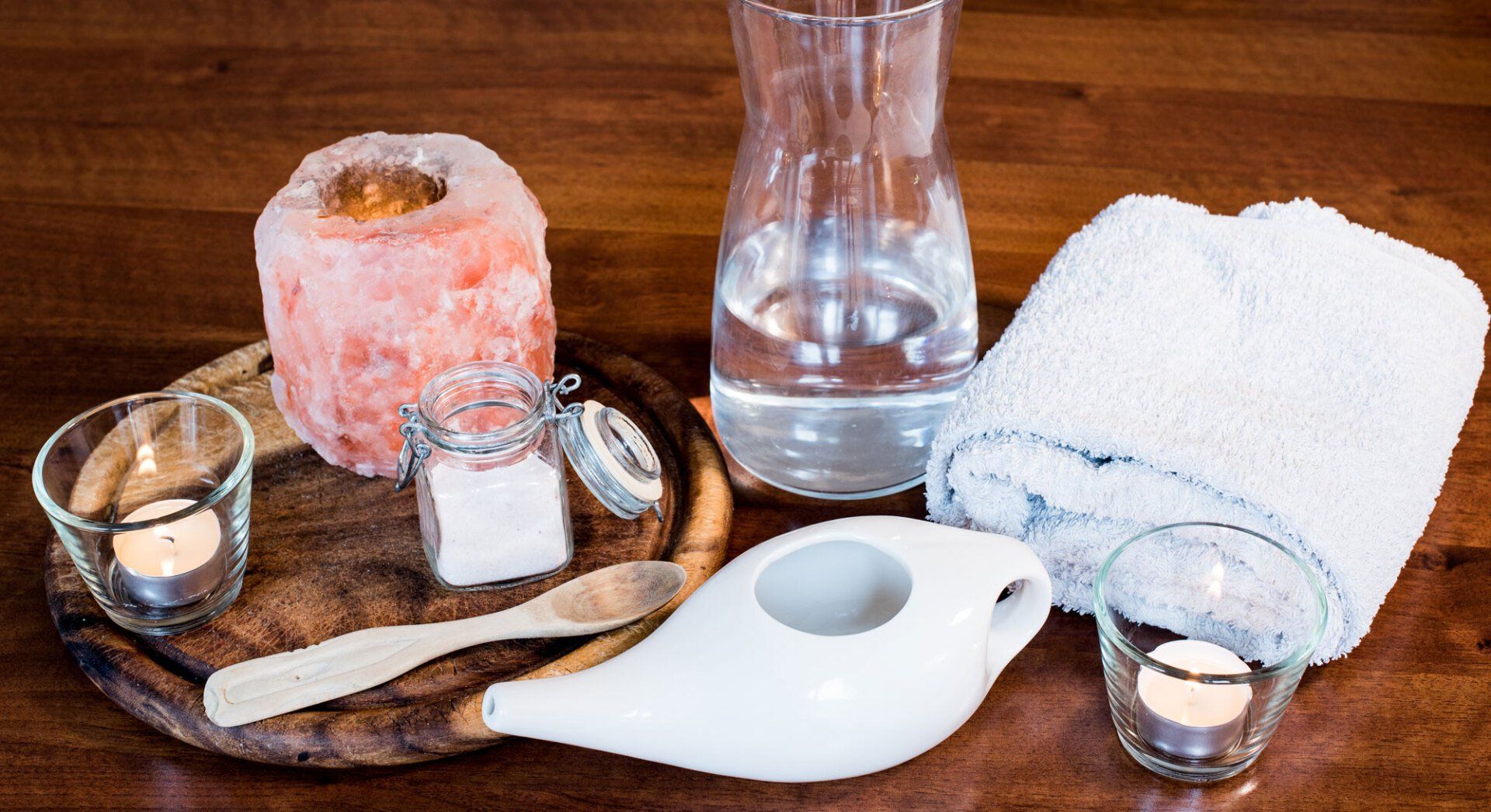
Human race is currently facing one of the biggest and dire health challenges and possible deaths caused by the Covid-19 pandemic. This article will highlight the Ayurvedic practices of Neti (nasal irrigation with saline) and Nasya (putting oil in the nose) and how following these natural daily practices along with the use of face masks and social distancing will help to stop the spread of the disease and protect ourselves from Covid-19 infection and help overcome this global pandemic. Using face masks has proven to be an effective tool to prevent exposure and transmission of the Covid-19 around the world. Per CDC communication, when you wear a mask, you protect others as well as yourself. Masks work best when everyone wears one 1 . Thus, masks help protect the people wearing them from getting or spreading SARS-CoV-2, the virus that causes COVID-19, but now researchers from the National Institutes of Health have added evidence for yet another potential benefit for wearers: The humidity created inside the mask may help combat respiratory diseases such as COVID-19 2 . "The increased level of humidity is something most mask-wearers probably felt without being able to recognize, and without realizing that this humidity might actually be good for them," Even as more people nationwide begin to get vaccinated, we must remain vigilant about doing our part to prevent the spread of the coronavirus that causes COVID-19," said NIDDK Director Dr. Griffin P. Rodgers. "This research supports the importance of mask-wearing as a simple, yet effective, way to protect the people around us and to protect ourselves from respiratory infection, especially during these winter months when susceptibility to these viruses increases." Ayurvedic practices, over thousands of years, has been recommending practice of Jala Neti followed by addition of medicated or sesame oils of the nasal passage on a daily/ regular basis helps keep the nasal passages hydrated. Ayurveda stresses use of Nasya especially during winter months (Vata time of the year- October to February) and persons with predominantly Vata dosha as well as in elderly persons when they enter the Vata phase of life after 60 years of age. During Vata phase (predominantly influenced by increased Air and Ether elements) , the body becomes drier as evidenced by dry skin, dryness mucus membranes including nasal and respiratory passages and lungs. These are the primary reasons when there is increased vulnerability of elderly persons experiencing respiratory diseases and increased coughing. Per Ayurveda, irrigating the nasal passage with warm saltwater helps remove the nasal mucus containing residing pathogens and adhering pathogens (bacteria and may be viruses) are flushed out besides this also helps with increased blood circulation in the nasal passage. Follow up addition of oils in the nasal passage help to hydrate the mucus membranes of the nasal passage. It is well known that the dryness of the nasal passage puts the persons at high risk of contracting the viruses and the moist nasal passage does not allow the pathogens (bacteria and viruses) to gain entry in the circulation, thus protecting us from getting sick. Therefore, keeping nasal passage hydrated is key to protect from contracting infections via nasal route. Following these two simple Ayurvedic practices and using a closely fitted face mask will help in keeping the nasal passages hydrated and would, thus, impart protection from Covid-19 infections and help us all to beat this pandemic and return to normal lives.

During current Pandemic challenges we are looking for various ways to build our immunities enabling to protect ourselves from COVID-19 related health and mental challenges. The power to build our immunities is in our own control. Ayurveda offers ancient knowledge to build our immunity not only to combat current Pandemic challenge but also to fight other diseases and rapid aging of our body. Through a series of articles, I will provide this ancient wisdom to build healthier body with stronger immunity. Per Ayurveda scripts and in general, we need a good health to enjoy the following three pillars of life: Proper digestion Proper sleep Proper management of sexual energy In my earlier article , stresses five steps to follow on a regular basis to achieve optimal health: Healthy diet: Consume organic foods as often as possible, take freshly cooked food that must not be older that 18 hours, avoid consuming processed foods. Regular exercise: Short exercises (even 30 minutes), e.g., aerobics, light weight exercises, dancing, biking, walking, yard work, yoga, all help with quality of life and increased the lifespans of all age groups but specifically higher risk groups like elderly people. Maintaining a healthy body weight: Diet and exercise habits will help people to maintain a healthy body weight with targets at body mass index between 18.5 and 24.9 No drinking or in extreme moderation: Per Ayurveda scripts, alcohol consumption is one of the worst factors that speed up aging and contributes to development of many diseases including high blood pressure, liver diseases, cancer, osteoporosis, ulcers and gastrointestinal problems, diabetes etc. Not smoking: Cigarette-smoking and Vaping pose a significant threat to longevity as smoking is associated with serious health problems including lung cancer, heart attack, mouth and throat cancers. With series of articles, I will provide ancient wisdom to help build healthier bodies with stronger immunity enabling to fight health challenges and diseases. One of the first techniques will be to channeling cosmic energy available to us to build our individual immunity. Ayurveda wisdom provide various techniques to harness the available cosmic energies to build stronger body. This invisible energy is the driver of our lives and if harnessed, can help build immunologically stronger and healthy body. Every human body has a unique protective energy boundary called aura. Aura protects us from bad energies including bad thoughts, anger, ego, jealousy, greed and bad mental energy etc. Any prolonged manifestation of one or more of these bad energies, will weaken our aura and our body’s protective energies. Our immunity is depleted as our body’s cosmic energy stores are continuously used to counter negative energies in order to protect our body. Thus, a body depleted of internal energies will become weaker and more vulnerable to diseases. We should use the power of word “P” by becoming Passionate, Patient, Peaceful, Personable, Placid, Pleasant, Polite, Pure etc. Following four Ps are keys to build cosmic energy in our body to achieve stronger immunity: Pure intention (high energy): Win-Win approach. Always think that we are good and every one is good too. I wish myself and everyone else to be healthy, happy and successful. Positive thinking/pure mind set: Positive thinking will build stronger energy armour around our body. Even mere reflection of past positive individual and family experiences will boost internal cosmic energy level and help build immunity. Pranayama (breathing exercises): Ayurveda recommends this technique to be practised by all human beings on a daily basis. Western medical wisdom also recommends to increase lung capacity by doing exercises including breathing techniques. Prayers: Individual and Group Prayers provide power of meditation and infusion of energy to out minds. Practicing the above mentioned energy boosting techniques may help protect all human beings from challenges we are facing during this Pandemic by strengthening energy fields around our bodies. Please stay tuned for the next article on how to build and boost immunity.
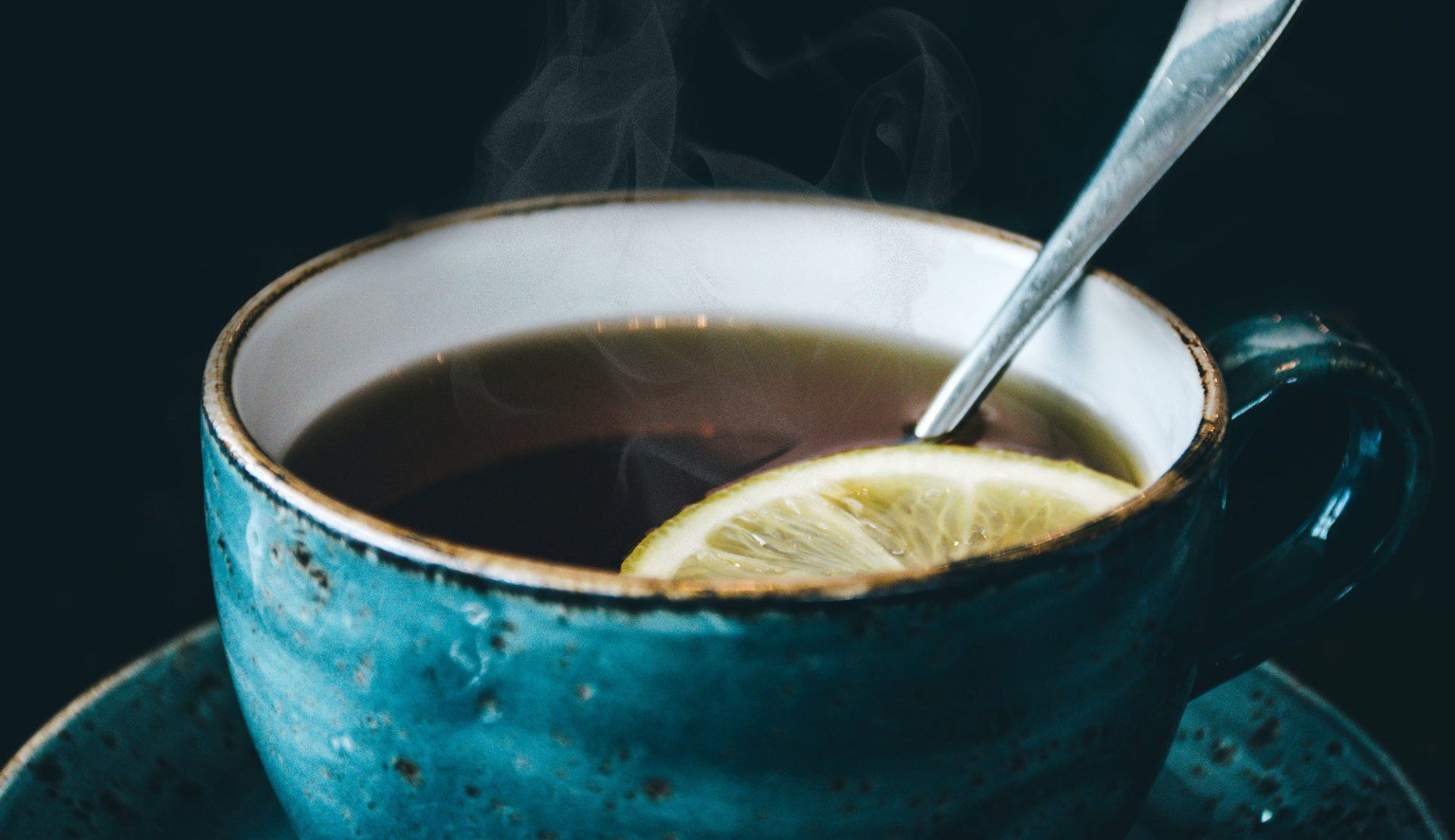
In the wake of the Covid 19 outbreak, entire mankind across the globe is suffering. Enhancing the body’s natural defence system (immunity) plays an important role in maintaining optimum health. We all know that prevention is better than cure. While there is no medicine for COVID-19 as of now, it will be good to take preventive measures which boost our immunity in these times.
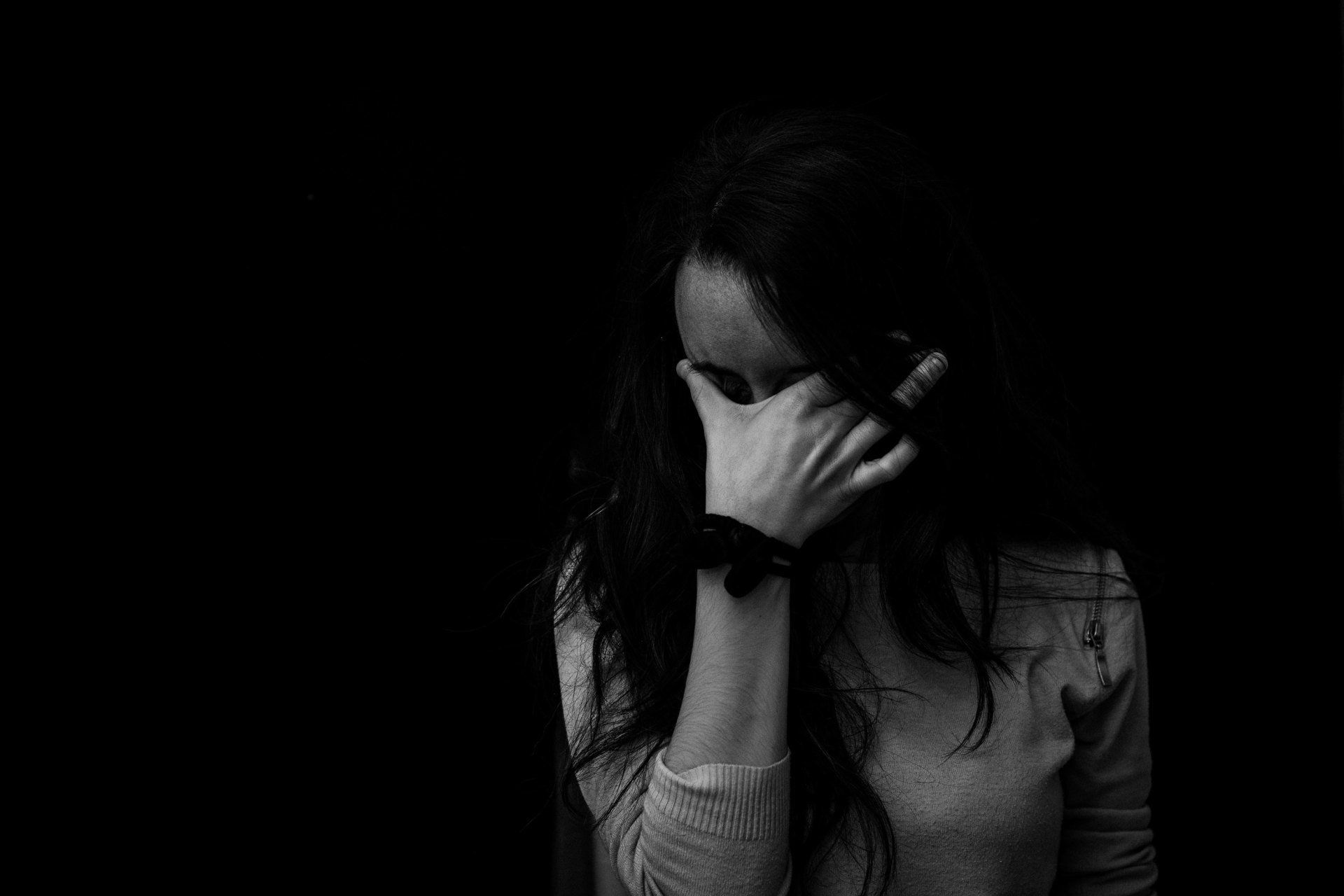
Adrenal fatigue is a term commonly used for a person experiencing occasional tiredness and fatigue on some mornings when we wake up. Over the past 20 years, an increasing number of people are experiencing such symptoms from all walks of life, particularly people who live in fast paced lifestyle- including work environment, driving/commuting long distances on a regular/ daily basis, lack of sleep, lack of physical activity and all other factors that may cause stress. You are not alone if you wake up tired in the morning and struggle to start your daily routines. These symptoms preclude that your body organs, especially adrenal glands (small organs sitting just above your kidneys) is working in an overdrive mode. These symptoms are not always prominently noticed as they sometimes occur subtly and slowly before one realizes there is something abnormal going on with their bodies. With the slow progression of the disease, one of the first common signs of adrenal insufficiency symptoms is extreme fatigue. Besides, additional symptoms may be experienced- like food cravings weakened immunity, sleep disturbances. Additionally, there are fewer common symptoms like low blood pressure and frequent urination, which are experienced by a smaller set of individuals. Adrenal fatigue is a term used by alternative medicine/ healthcare providers to suggest that the adrenal glands are exhausted and unable to produce adequate quantities of hormones, primarily cortisol, due to chronic stress or infections. There is no scientific basis for the existence of adrenal fatigue, and the term should not be confused with a few actual forms of adrenal dysfunction such as adrenal insufficiency or Addison's disease. More energy is required when body is in stress and cortisol is the hormone (secreted by adrenal glands) to generate required energy during early stages. Thus, the person will have higher levels of adrenaline and cortisol to generate higher levels of energy to cope with the stress. This interrupts the circadian rhythm (24-hour cycle) of the cortisol levels leading to heightened alertness in the evening and, thus, preventing restful sleep during night. In the later stages of adrenal fatigue syndrome, the adrenal gland becomes fatigued and cortisol output is decreased. In medical terms, the adrenal glands and HPA-axis (Hypothalamus-Pituitary- Adrenal) become depleted and dysregulated after a long period of emotional stress or chronic illness. Adrenal Fatigue leads to lower levels of several hormones and neurotransmitters, changes that can affect every single part of your body. Every individual with Adrenal Fatigue tends to have a slightly different set of symptoms, although there are always common complaints. Please contact Dr. A ‘s Ayurvedic Healthcare Center , where using natural means, we will help address various symptoms related to Adrenal fatigue. These practices will include identifying triggers, lifestyle evaluation, analyses of foods habits, and providing tailored remedies depending on individual basis and what practices to adopt to address the following symptoms for a better-quality life: Difficulty getting up in the morning Tiredness all day long Difficulty/ Instability to handle stress Cravings for food especially salty tastes Cravings for use of stimulants like caffeine, chocolates etc. A weak immune system etc.

We all desire to stay healthy and enjoy life to fullest with expectations of fulfilling most dreams and wishes in life time. For times immemorial, human beings looked at various aspects and tried to find secrets for longer lifespans with some success. Over the past few decades, there is an increasing interest in scientific and medical communities to find a true fountain of youth. Based on various studies and interviews with centenarians, researches have started publishing research findings and some early information have identified that certain behaviors, practices, routine and discipline can possibly contribute to a healthy life with increased longevity. Circulation, a reputed scientific journal, published a scientific study last year where the authors opined that adhering to following five healthy habits could extend a person’s lifespan by roughly a decade. I have written a brief abstract of this research that tells about living a long and healthy life. Most healthcare systems focus primarily on drug discoveries and disease treatment rather than prevention. In this article, I am writing briefly on the aspects that focus on prevention aspects and what to do for achieving and maintaining a healthy life. Per Ayurveda scripts and in general, we need a good health to enjoy the following three pillars of life: Proper digestion Proper sleep Proper management of Sexual Energy Based on the literature available, following listed habits besides adhering to other healthy practices will hep us all in achieving and maintain a heathy life.
“I will help you to be healthy, happy, free of worries and enjoying life to its fullest. ”
I endeavour to provide you with ancient Ayurvedic wisdom supported by modern medicine knowledge and studies to educate and empower you to take charge of your health and maintain a balanced lifestyle.
